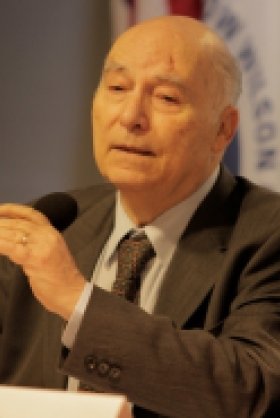Tax Reform In Latin America: A Long-Term Assessment



Latin American taxation has been one of the enduring and continuing interests in my professional life, an interest that has stretched over a half a century. My first published papers on that topic were in the mid 1960s. My most recent ones were published recently. I also coedited a book on the topic for the IDB, published in 2008, which contained some of my own writing, and contributed the introductory chapter to another recent book on the same topic. See Bernardi et al. editors, 2008. In addition to this more “academic” work, I published two popular books, in 2007 and 2010, on Latin American countries. Both contain several references to and observations on taxes in several Latin American countries. See references.
Over the last five decades I participated in many tax conferences and tax missions to Latin American countries that ranged from large ones, such as Argentina, Brazil, and Mexico, to smaller ones, such as Peru, Costa Rica, Ecuador, Haiti, and Jamaica. Because of these activities, I feel that I can claim more than a passing interest, or knowledge, of Latin American taxation.
In my talk today, I shall focus my remarks on three broad questions:
First, have there been significant changes, and in a desirable direction, in the tax systems of the Latin American countries, in recent decades?
Second, have there been changes in the tax systems that may have made them more progressive? In particular, what has happened to the taxation of personal income?
To read this publication, download it below.

The Wilson Center’s prestigious Latin America Program provides non-partisan expertise to a broad community of decision makers in the United States and Latin America on critical policy issues facing the Hemisphere. The Program provides insightful and actionable research for policymakers, private sector leaders, journalists, and public intellectuals in the United States and Latin America. To bridge the gap between scholarship and policy action, it fosters new inquiry, sponsors high-level public and private meetings among multiple stakeholders, and explores policy options to improve outcomes for citizens throughout the Americas. Drawing on the Wilson Center’s strength as the nation’s key non-partisan policy forum, the Program serves as a trusted source of analysis and a vital point of contact between the worlds of scholarship and action. Read more
